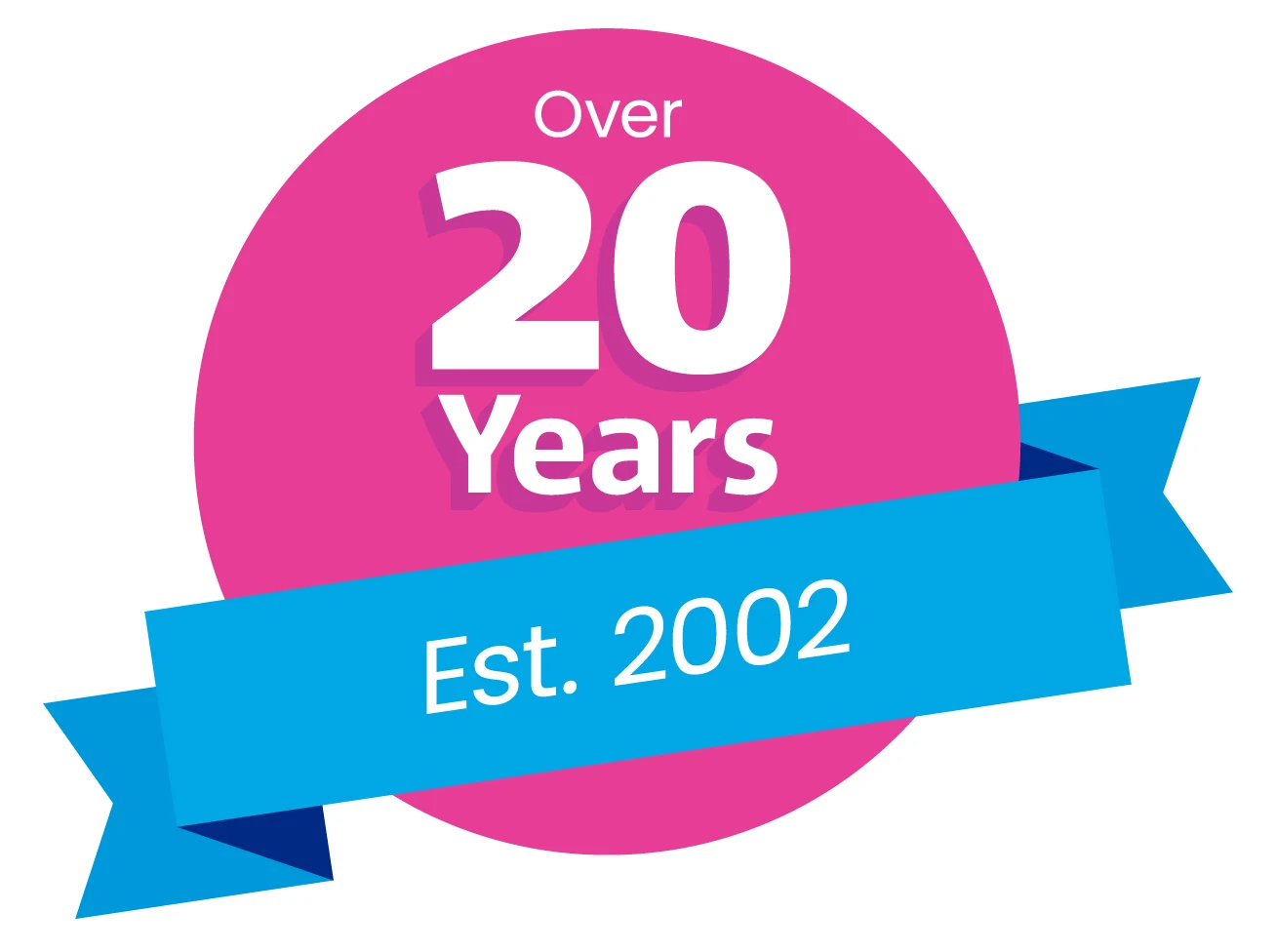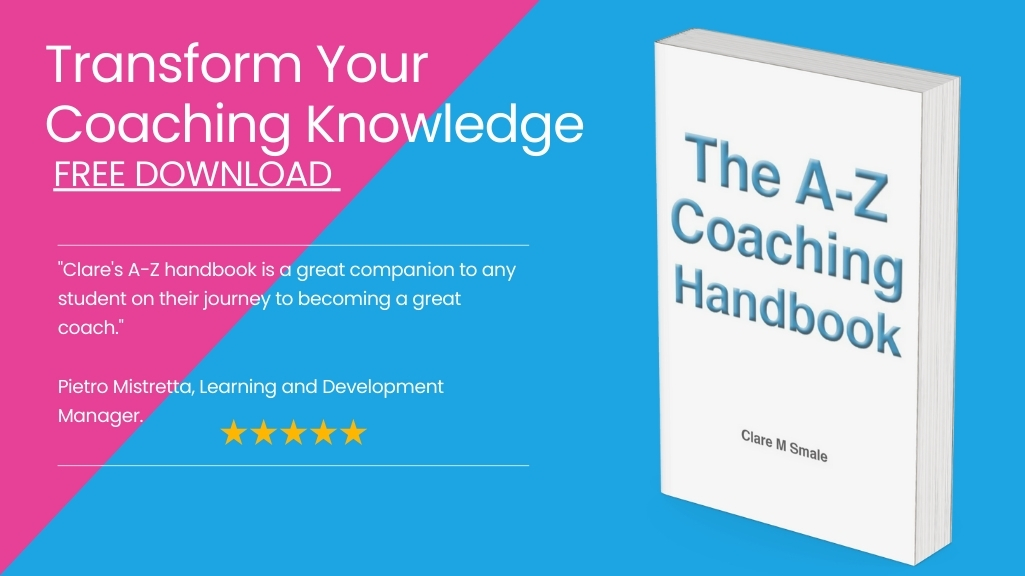Being non-judgemental is a well-documented and discussed trait of effective coaches and is also referred to in various frameworks and codes of practice. Here are some tips for how you might consciously work at this aspect of your coaching.
Are you noticing moments of judgement and if so what do you do next?
How do you suspend your personal opinions and feelings in service of your client and their stakeholders?
Step 1 – Things to notice as you are coaching
- Are you jumping to a conclusion?
- Are you thoughts critical of your coachee?
- Do you think your coachee (or someone else) is at fault?
- Have you categorised something ( e.g. good / bad or positive / negative)
- Does a solution or some advice come to mind?
- Do you have an opinion?
Step 2 – If the answer to any of the above is ‘yes’…
- Be curious
- Keep listening and resist speaking
- Focus on your breathing instead – just breathe – notice the flow of thoughts and let them pass
- Notice what you can see, hear, feel or smell around you and be present
- Practice generative attention (read more about Nancy Kline’s work on Thinking Environments)
- Use the word’ interesting’ as an alternative to right / wrong / good / bad / nice / sad / happy / excited and so on (words that judge or impose emotion)
- Accept – my coachee is OK and I am OK – unconditional positive regard for your coachee and the systems in which they operate
- Remind yourself of transactional analysis principles and how you might stay in the adult- adult thinking space
- Remind yourself of the drama triangle – how will you function as an ‘adult’ an stay out of the drama
- Be compassionate rather than empathetic
Step 3 – After coaching and before you coach again
- Reflect upon your coaching with an ethical process model such as ACTION (Duffy & Passmore 2010) or APPEAR (Passmore & Turner, 2018)
- Take your reflections to supervision for exploration
- Record a coaching session and watch it again – hear your words and observe your non-verbal cues, specifically with the intention of noticing moments of judgement. Explore a recording with your supervisor.
- Keep a journal and record your self-talk. Notice your assumptions and feelings and where judgement is appearing. The what happens?
- In co-coaching, make this area of your work a focus for observation and feedback
- Ask your coaching clients for specific feedback on this aspect of your relationship
- Before you coach, become present. Set time aside and find what helps you to be in your best space of presence and acceptance. For some coaches this might be meditation, mindfulness, attention on breath, a peaceful stroll outside or something else. I particularly like love and kindness meditation or a few minutes sat gazing out the window.
Resources
YouTube – lots of choice of meditations for Love and Kindness
References
Duffy, M., & Passmore, J. (2010) ‘Ethics in coaching: An ethical decision making framework for coaching psychologists’ International Coaching Psychology Review, 5 (2) pp.140-151
Passmore, J & Turner, E (2018) Reflections on integrity: the APPEAR model. Coaching at Work, 13 (2), 42–6





